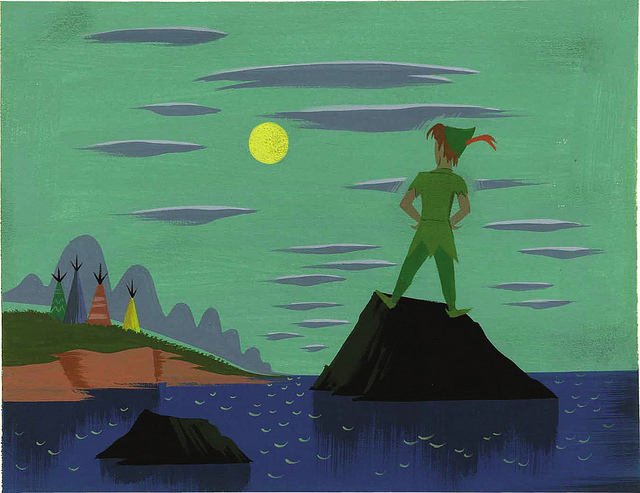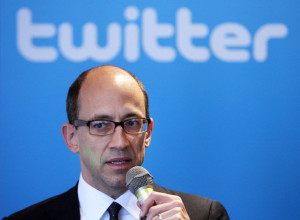Like seeing your kids off to college for the very first time, it’s always a bit jolting for startup founders who see their company grow beyond the plucky “move fast and break things” startup culture of its youth. It’s hard not to get a little nostalgic about that exciting age when everything was new.

Phil Libin has seen his company Evernote shoot up from a small startup to a billion-dollar company in six short years. Growing the Evernote team from just tens of people to 400, Libin worried over what such fast growth would do to the young company culture.
When he talked to Dick Costolo, Twitter CEO, who’d seen his own company grow precipitously, he asked him how to preserve the company culture that had helped get Evernote to such a successful start. Costolo’s answer was completely unexpected.
Think Critically to Challenge Startup Culture
Costolo wasn’t one of the founders of Twitter. In fact, he didn’t join Twitter until late 2009, three years after its start. He inherited the CEO role at Twitter in 2010 when the company was already a rocket ship and everyone was just holding on for dear life.
As an outsider and not one of the original founders of Twitter, it’s remarkable that Costolo never felt constrained to conserve Twitter’s initial culture and what had worked for them up to that point. But that’s perhaps what gave him a unique perspective on what to do with startup culture as a company grows.
“He’s had a dramatic impact on the company and the culture,” Twitter founder Jack Dorsey told the New York Times. “He’s questioned everything we started with and made it better.”
Startup culture shouldn’t be taken for granted as something that’s good. You have to think critically about it, and that’s the lesson Costolo passed on to Libin. “You can’t preserve the culture, if you try to preserve it then you’re locking it into place, it starts to stagnate,” Libin said, remembering Costolo’s advice. Rather than preserving the culture as if it were already an artifact, the CEO’s job is to take the lead on the direction and deliberately evolve the culture.
The Risk of Refusing to Grow Up
What’s actually worse is if your company fails to evolve. Startup culture can be incredibly dangerous to your company as it matures.
As your company grows, it operates at a larger scale in everything it does. If the proper protective measures aren’t put in place in the early stages, a company has the potential to do tremendous harm to itself and others. According to famed venture capitalist and entrepreneur Ben Horowitz, GitHub suffered from having an unregulated company culture that hadn’t matured to fit its size. “The more diversity of people you have, the bigger the company gets, the less people know each other, you have to protect people against each other,” Horowitz said.
That means beefing up HR — or considering it in the first place — and implementing processes and protections that are otherwise conventionally thought of as anathema to the startup culture of getting things done.
Horowitz also mentions an incident in AirBnb’s early days, when a guest ransacked a host’s home and they were forced to go into crisis mode. It was a pivotal point — if the culture at Airbnb had failed to evolve beyond the fast and loose rules of startup culture, the company’s existence would have been in peril. Instead, the company “instituted many new security provisions, set up a 24/7 customer-service hotline, established a $50,000 host guarantee — later increased to $1 million — and built a new trust and safety division” that was run not by a guy in a hoodie, but by people like Anna Steel, a former government investigator.
* * * * *
When you hear some startup founders talk, they sound like Peter Pan — they never want to grow up. But that immature mentality is no way to build a company that lasts.
For Libin, who wants Evernote to become a “100-year startup” — a company that’s both thriving and innovating in a hundred years— that means intentionally developing your culture from its startup infancy. To continue to scale as a company, your culture has to grow as well. Otherwise, it’ll get stuck in the past and hold you back.
Image: Tom Simpson


